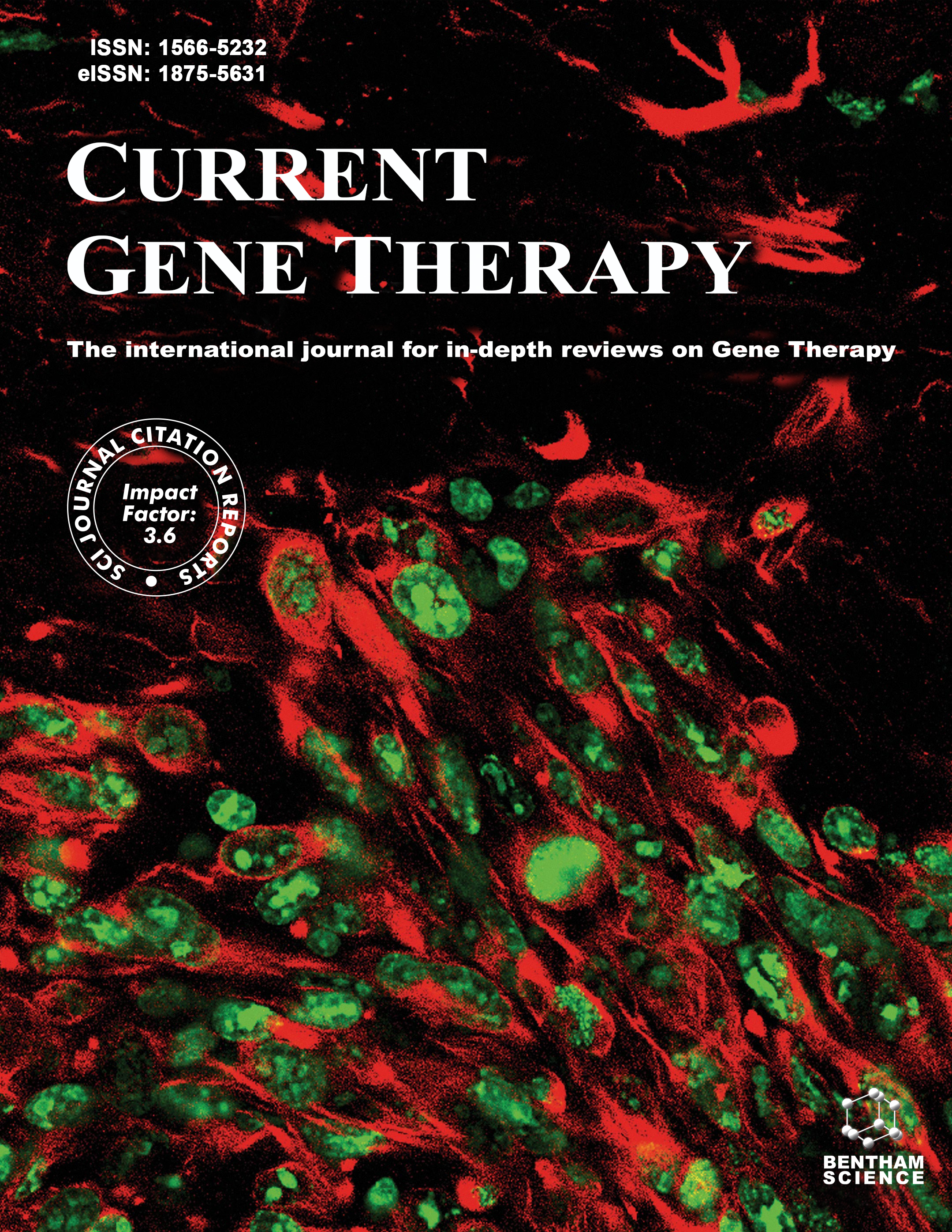
Full text loading...

Pancreatic cancer remains one of the most aggressive and lethal malignancies, with a dismal prognosis despite advancements in conventional treatment modalities. Gene therapy has emerged as a promising approach to combat pancreatic cancer by targeting the underlying genetic alterations and harnessing the power of the immune system. This review explores the current landscape of gene therapy strategies for pancreatic cancer, including gene replacement therapy, gene silencing, immunotherapy enhancement, and oncolytic virotherapy. Gene replacement therapy aims to restore the function of tumor suppressor genes, such as TP53, while gene silencing targets oncogenes like KRAS (Kirsten rat sarcoma viral oncogene homolog) to inhibit tumor growth. Immunotherapy enhancement, particularly through chimeric antigen receptor (CAR) T-cell therapy, has shown potential in overcoming the immunosuppressive tumor microenvironment. Oncolytic viruses, engineered to replicate in and destroy cancer cells selectively, have demonstrated efficacy in preclinical models and are being evaluated in clinical trials. Recent advances, including the successful treatment of a patient with advanced pancreatic cancer using neoantigen T-cell receptor gene therapy, highlight the potential of personalized gene therapy approaches. However, challenges such as precise gene delivery, tumor heterogeneity, and ethical considerations must be addressed to realize the potential of gene therapy for pancreatic cancer fully. Ongoing research and clinical trials are expected to facilitate the way for the development of safe and effective gene therapies, offering hope for improved outcomes in pancreatic cancer.

Article metrics loading...

Full text loading...
References


Data & Media loading...